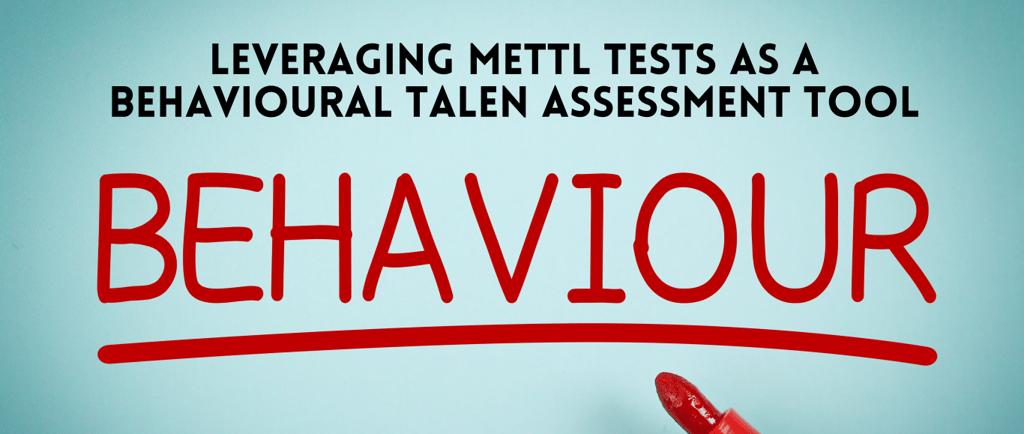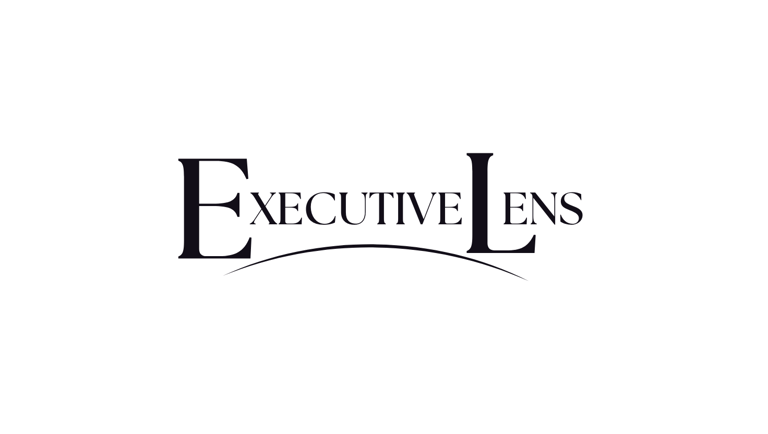Evaluating Talent Using Mettl Testing: A Comprehensive Guide
Mettl is a leading talent assessment platform that helps organizations evaluate candidates' skills, cognitive abilities, personality traits, and behavioral tendencies before hiring. The platform offers a suite of scientifically validated tests, including psychometric assessments, cognitive ability tests, coding tests, and domain-specific skill evaluations. Mettl is widely used by HR professionals and hiring managers to make data-driven decisions, ensuring that they select candidates who are not only technically qualified but also culturally and behaviorally suited to the role.
COMPANY OPERATIONS
4/7/20254 min read


Understanding Mettl Testing
Mettl testing, a product of Mettl, is an innovative online assessment platform designed to evaluate various attributes of candidates during the hiring process. By integrating various competencies such as skills, cognitive abilities, personality traits, and behavioral tendencies, Mettl provides a comprehensive tool for measuring candidate suitability. Its origins trace back to the increasing demand for effective recruitment methodologies that go beyond traditional interviews, allowing hiring managers to assess applicants in a more structured manner.
The evolution of Mettl testing has been marked by its emphasis on data-driven decision-making. Initially focused on technical skills, the platform has grown to encompass a wide array of assessments that cater to diverse industries and roles. This evolution reflects the changing landscape of hiring practices, where reliance on subjective evaluations has led to the adoption of more objective measures. By providing actionable insights into candidate attributes, Mettl empowers HR professionals to make informed hiring decisions.
A key component of Mettl testing is its incorporation of scientifically validated tests. These assessments are designed to measure not just what candidates know, but how they think and behave in various situations. The platform's ability to evaluate soft skills, such as communication and problem-solving, alongside hard skills, distinguishes it from conventional testing methods. Furthermore, Mettl's intricate design facilitates an engaging testing experience for candidates, making it a preferred choice for many organizations.
The significance of Mettl testing extends to its versatility, allowing companies of all sizes to tailor assessments according to their specific needs. Whether it is to evaluate a candidate's technical prowess or to gauge their fit within a company’s culture, Mettl offers a holistic assessment that aligns with organizational goals. In doing so, it reinforces the role of data as a guiding factor in the talent acquisition process, enabling businesses to optimize their hiring strategies effectively.
Key Features of Mettl Testing
Mettl Testing offers a wide array of features that set it apart from traditional assessment platforms, making it a preferred choice for organizations looking to evaluate talent effectively. At the core of Mettl's offerings are its diverse range of tests designed to assess various skills and attributes. These include psychometric assessments that evaluate personality traits, cognitive ability evaluations that measure logical reasoning and problem-solving skills, as well as coding tests tailored for technical roles. The platform also supports domain-specific skill assessments, ensuring that candidates are evaluated based on the precise competencies required for particular job roles.
Another notable feature of Mettl Testing is its user-friendly interface, which is designed to provide a seamless experience for both recruiters and candidates. The intuitive layout facilitates easy navigation, allowing users to quickly access the tests they need with minimal hassle. This simplicity not only enhances the overall candidate experience but also ensures that recruiters can focus on evaluation without getting bogged down by technical intricacies.
Customization is a significant advantage of Mettl Testing. Organizations have the flexibility to tailor assessments to align with their specific requirements, which enhances the relevance and effectiveness of the evaluations. This customization capability extends to question formats, difficulty levels, and types of assessments, enabling companies to create a unique testing experience that reflects their branding and hiring standards.
In addition, Mettl Testing supports the administration of remote tests, a crucial feature in the current global job market where remote work has become prevalent. This functionality allows organizations to evaluate candidates from different geographical locations without compromising the integrity of the assessment process. The confluence of these features makes Mettl Testing a comprehensive tool for evaluating talent effectively, ensuring that recruitment efforts are both efficient and yield quality results.
Benefits of Using Mettl for Talent Evaluation
In the competitive landscape of talent acquisition, organizations continually seek efficient methods to optimize their hiring processes. One prominent solution is Mettl testing, which offers multiple advantages that transform conventional recruitment methods. Primarily, Mettl provides a data-driven approach to talent evaluation, enabling hiring managers to make informed decisions backed by quantifiable metrics. This method significantly enhances the quality of hires by ensuring that candidates possess the requisite skills and competencies necessary for specific roles.
Moreover, the application of Mettl testing reduces the time and costs associated with recruitment. Traditional hiring practices often involve extended timelines, leading to increased expenses and delayed onboarding. By leveraging Mettl's scientifically designed assessments, organizations can swiftly filter out unsuitable candidates, significantly expediting the selection process. This efficiency not only saves time but also allows HR personnel to focus on more strategic aspects of recruitment, such as engaging with potential candidates.
In addition to operational benefits, Mettl testing supports companies in assembling teams that embody their culture and values. By utilizing customized assessments tailored to reflect organizational needs, Mettl aids in aligning candidates with the company’s ethos, thus fostering a cohesive work environment. Furthermore, the positive impact on candidate experience cannot be overlooked. Mettl’s engaging and transparent testing process enhances applicants' perception of the organization, providing them with valuable insights that contribute to a favorable candidate journey.
Overall, integrating Mettl testing into talent evaluation not only bolsters the overall quality of hire but also fosters a more streamlined recruitment process, ultimately enhancing organizational performance and promoting long-term success.
Best Practices for Implementing Mettl Testing
Implementing Mettl testing into an organization's hiring framework requires careful planning and execution to maximize the benefits of talent evaluation. One of the first best practices is to integrate the assessment results effectively into the hiring process. Employers should clearly delineate how the scores from Mettl tests will influence hiring decisions, ensuring that the assessment is tied directly to the competencies required for the job. This integration helps maintain a structured approach to candidate evaluation and supports the objectivity of recruitment processes.
Maintaining fairness is paramount. Organizations should ensure that Mettl testing is applied uniformly across all candidates vying for the same position. This eliminates biases and creates a level playing field where every candidate is assessed based on the same criteria. Training hiring managers and staff on the purpose and methodology of Mettl testing can further reinforce this objective, reducing the likelihood of subjective interpretation of test results.
Effective communication with candidates about the testing process is also critical. It is beneficial to clearly inform candidates regarding the assessment format, its purpose, and how it fits into the overall hiring strategy. This transparency helps candidates feel more comfortable and prepared, potentially leading to better performance during the test. Additionally, providing feedback to candidates post-assessment—regardless of the outcome—contributes positively to the employer brand.
Lastly, analyzing the results of Mettl testing should be an ongoing process. Organizations should regularly review test outcomes in relation to actual on-the-job performance and recruitment metrics. This analysis can help refine the assessment framework and recruitment strategies, ensuring that Mettl testing continually aligns with the evolving needs of the organization. By applying these best practices, employers can effectively leverage Mettl testing to enhance their talent acquisition efforts and secure high-quality candidates.
